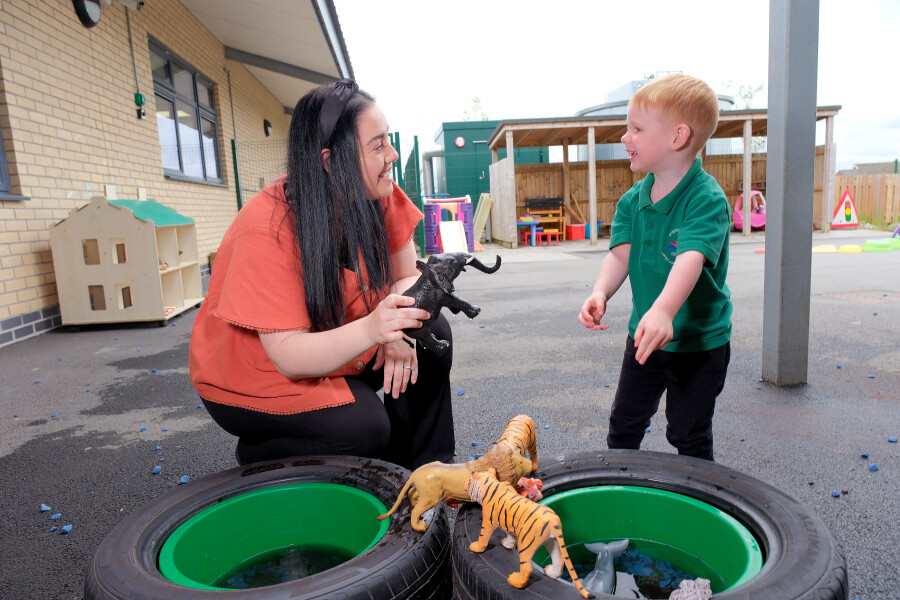
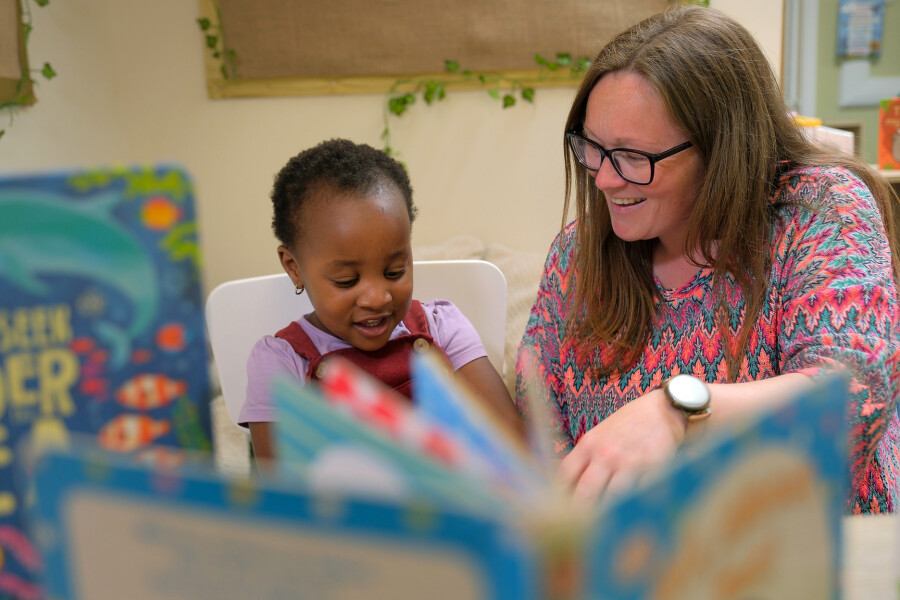
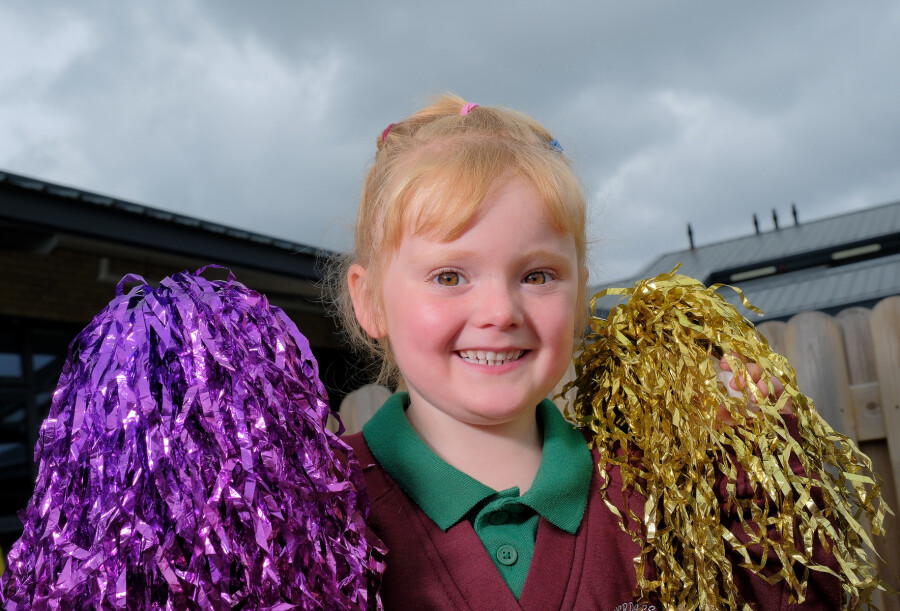
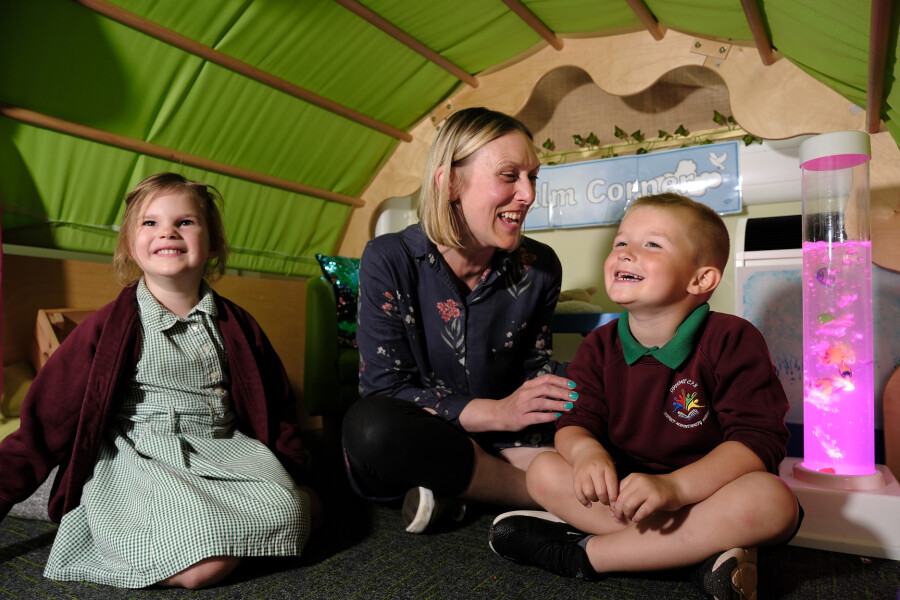
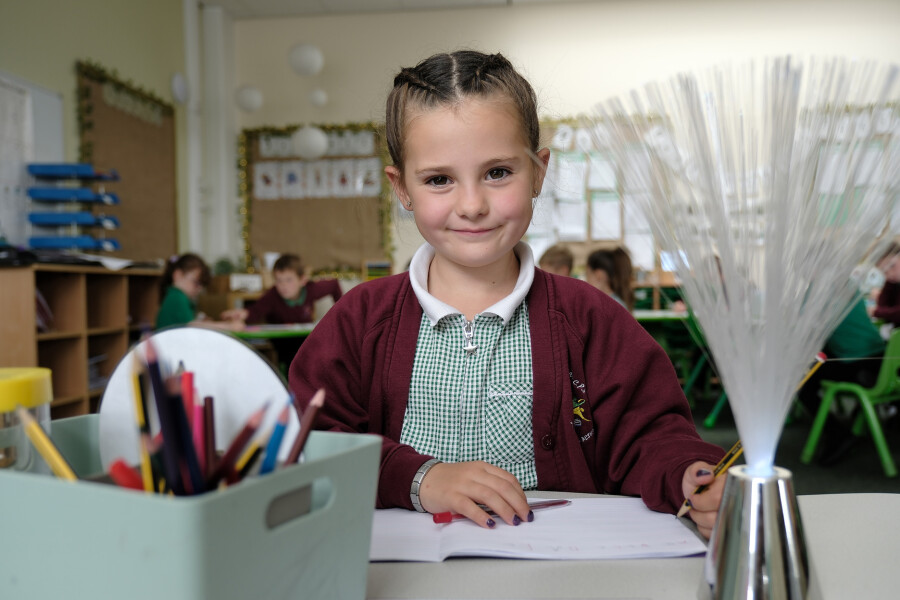
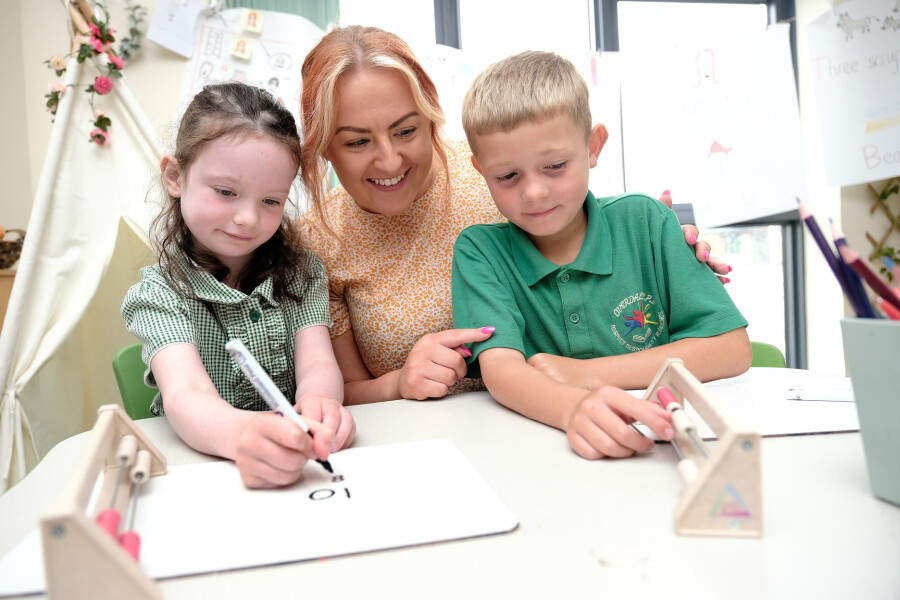
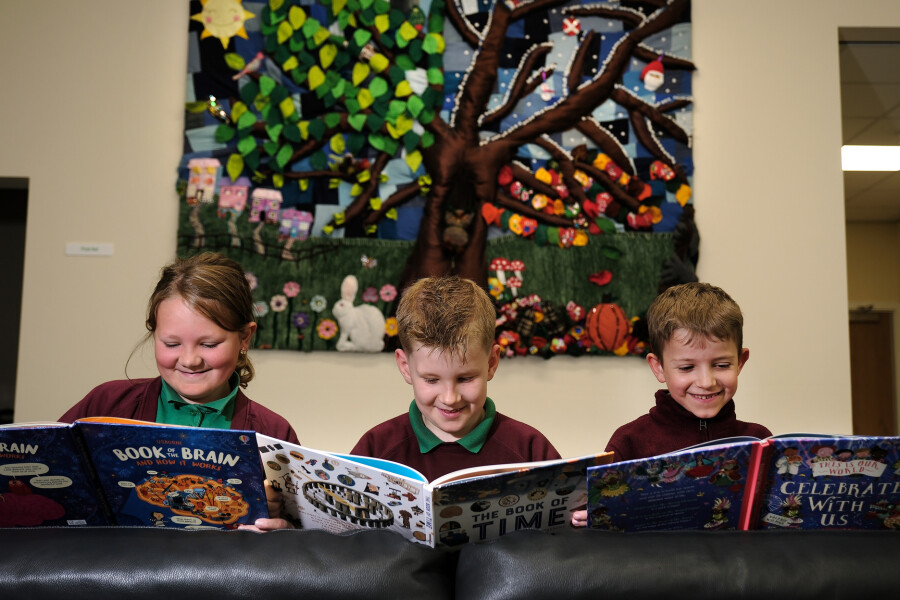
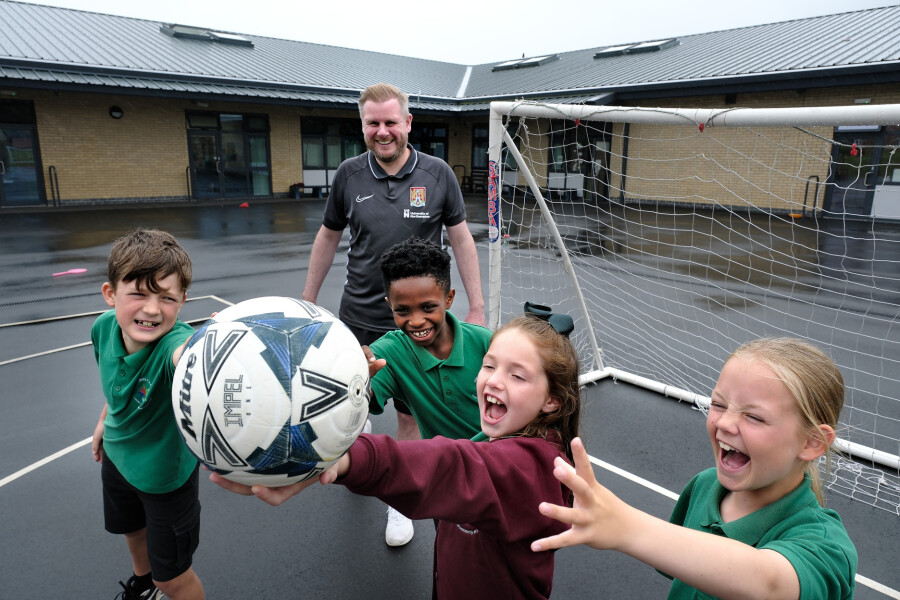
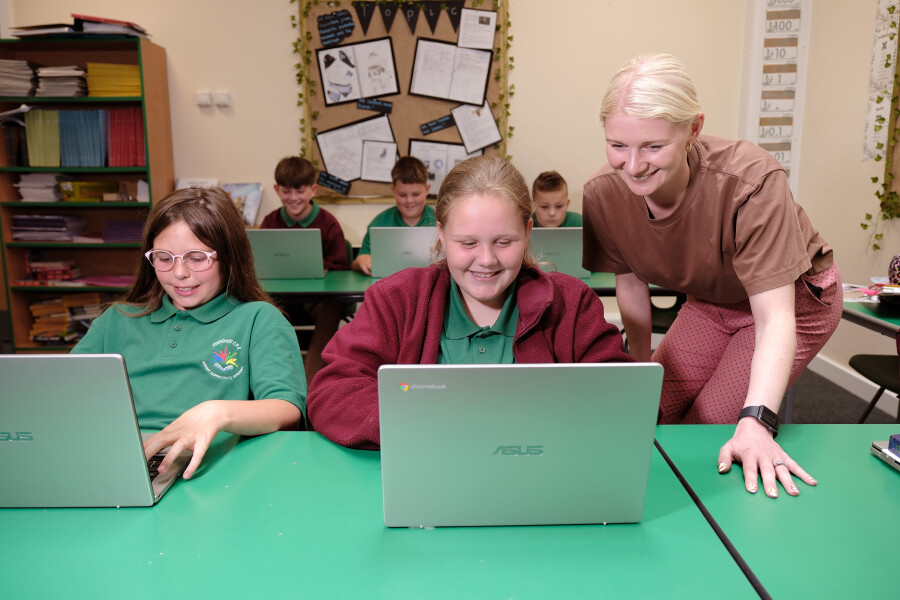
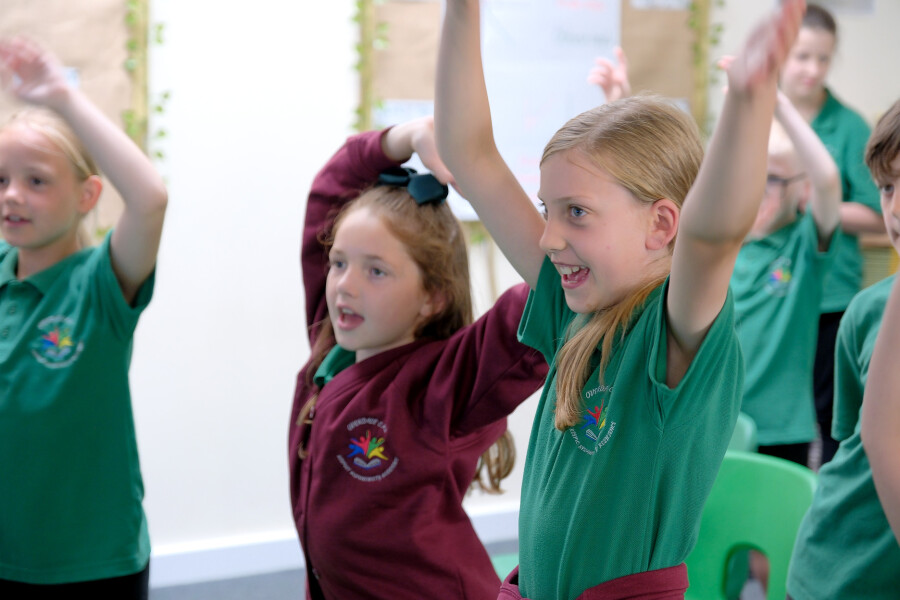
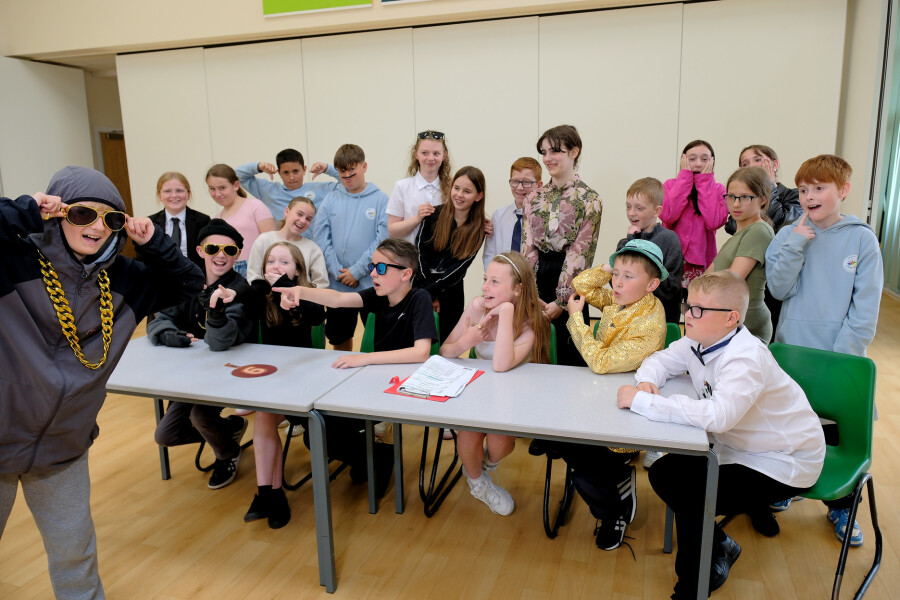
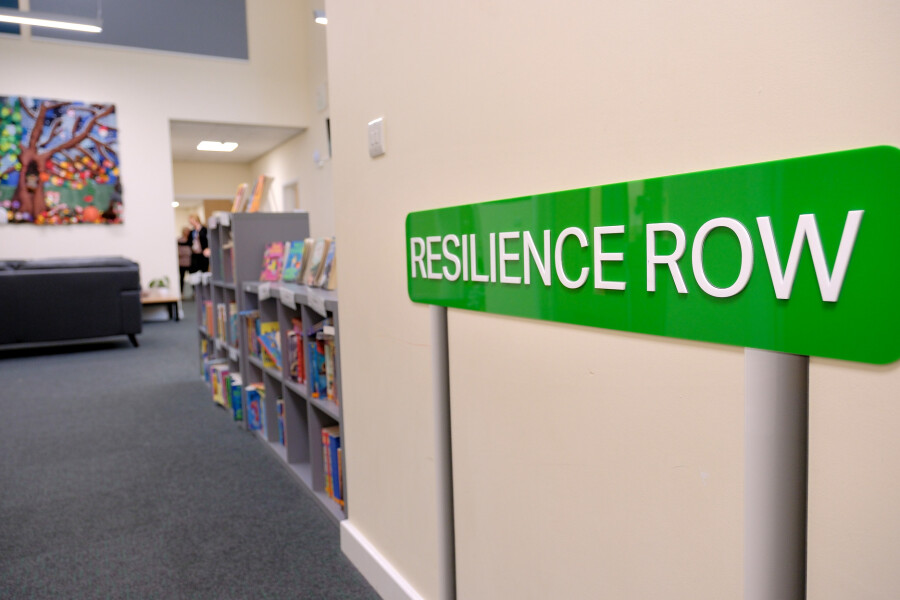
Nurture
What does Nurture look like at Overdale?
At Overdale we complete an initial assessment on all children in EYFS to identify Social, Emotional and Mental Health Needs (SEMH). From this whole class Nurture provision is put in place to provide children with a safe place and SEMH support. We then continue to assess children who have been identified with a need and also our Pupil Premium Children. They continue to assess these children termly. In year 1, we then begin provide Nurture sessions in the SEMH room with Mrs McWilliams, our SEMH specialist. This continues throughout school for as long as the Boxall assessment identifies a need. We then re-assess all our children in year 2 to monitor progress and identify any underlying needs that may have developed since EYFS. We are in the process of developing a Nurture Team of staff who will work together to continue Nurture as best as possible across school.
What is a Nurture Group?
Our Nurture groups address the social, emotional and learning needs of individual pupils by providing the necessary help to remove the barriers to learning. There is great emphasis on emotional literacy, language development and communication. Our Pupils are immersed in an accepting and warm environment that helps replace missing/distorted early nurturing experiences and helps pupils develop positive relationships with both teachers and peers. Nurture groups are sessions of between six and 12 children or young people, run by one member of staff trained in nurture interventions. Our Nurture groups are set up and target children in KS1 and KS2 who have been identified through assessment as requiring support. Our Nurture sessions offer the opportunity to experience the early nurturing experiences some children and young people lack, giving them the skills to do well at school, make friends and deal more confidently and calmly with the trials and tribulations of life, for life.
Children’s learning is understood developmentally
Our Relationship and Behaviour Policy ensures that all members of staff have a positive relationship with all children which strengthens our ability to understand children’s developmental needs and how all children learn at different rates.
We understand that all children are unique and learn in different ways. We support our children to be themselves and to shine with their individual personalities and abilities.
We understand that not all children progress in the same way and we treat them all as individuals to reach their own potential.
The importance of nurture for the development of wellbeing
We lead whole class circle time sessions weekly to develop the social skills and build on emotional literacy of children across school.
We ensure that our children feel safe to discuss their feelings and their mental health.
The positive relationship between all teachers and children ensures that the wellbeing of the child is paramount.
School ensures that any examples of bullying are passed on to staff around school and that action is taken to prevent this from escalating further.
We make sure that children know and feel that it is OK to be who they are.
All behaviour is communication
We see any type of behaviour as a way of communicating a need. We speak to the child and their parent/ carers to seek the reason behind the behaviour and help to provide a network of support to improve this with the child at the center.
We adopt Restorative Practice to allow children to ‘give their side of the story’ and unpick the reasons behind their behaviours.
We give our children the tools to resolve conflict and to be able to verbalise the reasons for their actions.
We give children the opportunity to have a voice and allow them the opportunity to explain how things look from their side.
The classroom offers a safe base
Our Relationship and behaviour policy encourages all Teaching staff to be warm, welcoming and nurturing to allow children to feel that they are coming to a safe space.
If children are upset, we ensure that teaching staff give them the time and a safe place to communicate.
Children know that mistakes are a part of learning and their development and that each day is a fresh start.
All children are given a voice and school develops a culture that allows all children to speak in class without the fear of judgement.
All classes are equipped with a worry monster that allows children to share their worries privately.
All classes have a ‘Who I can talk to’ poster including the NSPCC.
Language is a vital means of communication
We have Colour Monsters in KS1 and Zones of Regulations in KS2 to communicate children’s emotions throughout the day.
We provide our children with the tools to explain the emotions that they are feeling and work towards them establishing their own ways of self-regulation.
We have a vocabulary rich curriculum that begins in EYFS, alongside a Language Links program and Speech And Language Therapy (SALT) that ensures our children have the ability to communicate their needs.
We understand that verbal language isn’t always possible (ASD, EAL etc) and provide children with visual supports and use technology such as Widgit, Say Hi and other resources to support this.
The importance of transition in children's lives
We support children transitioning year groups by giving them two days in their new classes in July.
We support year 6 around their transition days to secondary school. We provide children with transition books over the summer if we have identified them as being likely to struggle.
We support children with smaller transitions in school such as break times, dinner times, change of teacher etc.
Some children will receive a postcard from their new teacher to relieve any anxiety.
Gallery